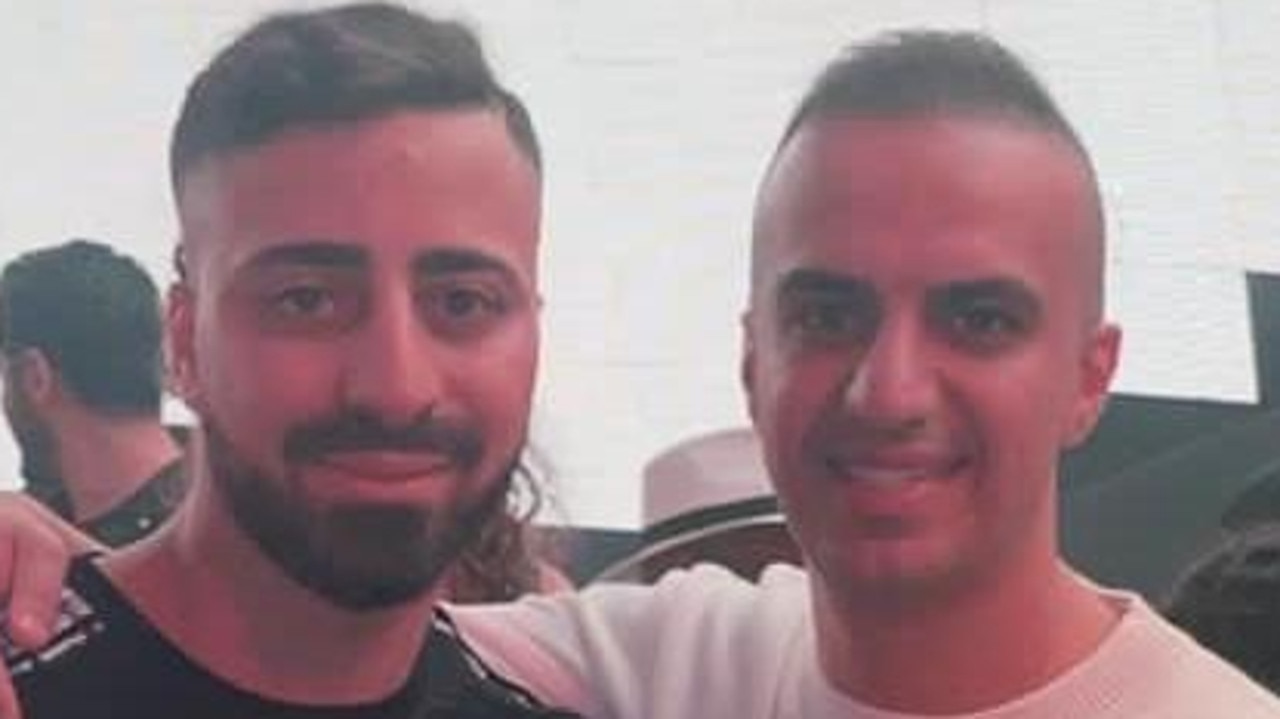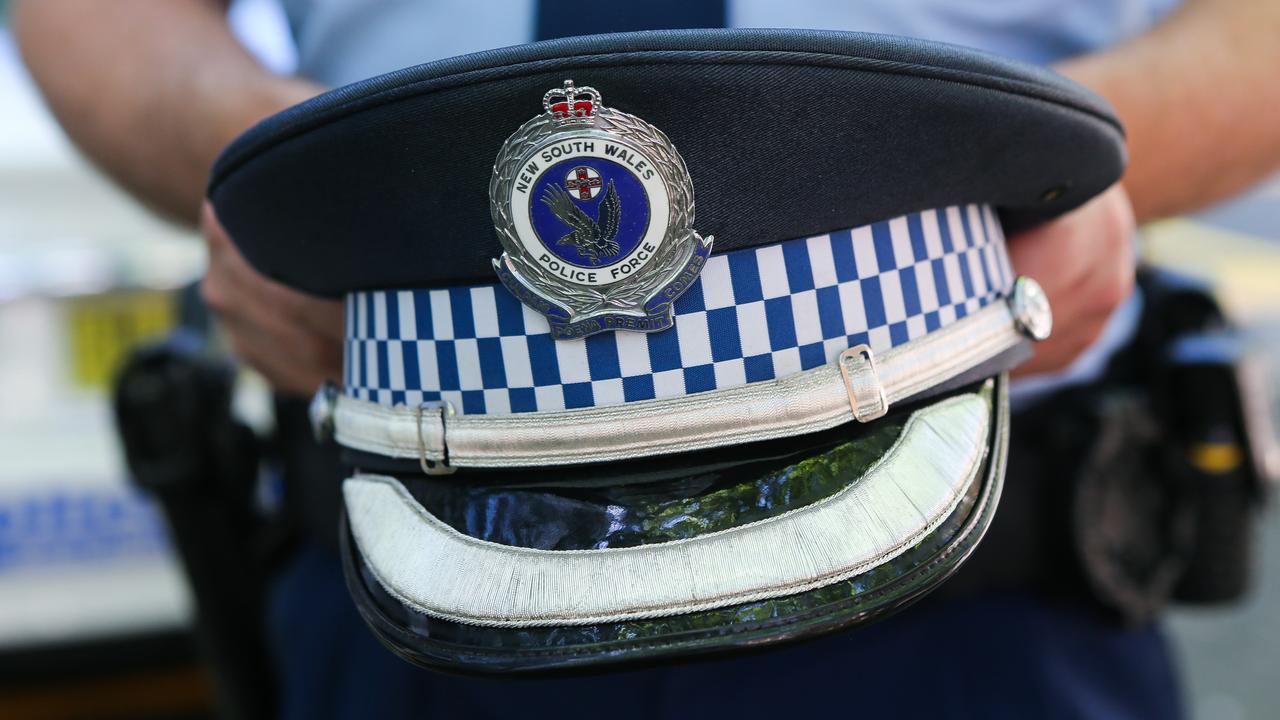Aussie crims‘ secret ‘dirty cash dropzones’ revealed
Two key locations where money laundering across Australia takes place have been revealed for the first time. This is how criminals operate.
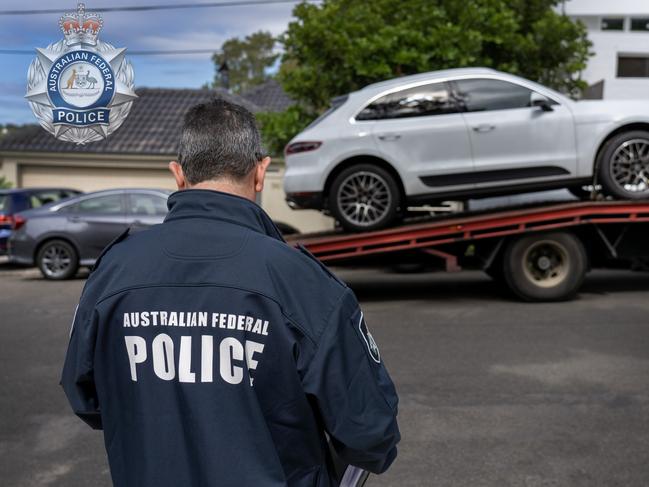
True Crime
Don't miss out on the headlines from True Crime. Followed categories will be added to My News.
A suburban park and dense bushland have been used as “dead drop zones” just like the movies, with cash couriers secretly delivering dirty funds in money laundering schemes.
The technique long used by international spies has been identified in Australia as criminal syndicates across NSW, Victoria and Queensland, Western Australia, and the ACT have been caught out laundering millions of dollars in cash and properties.
Recent investigations by law enforcement teams have exposed higher than previously known levels of systemic money laundering with much of it driven by drug trafficking.
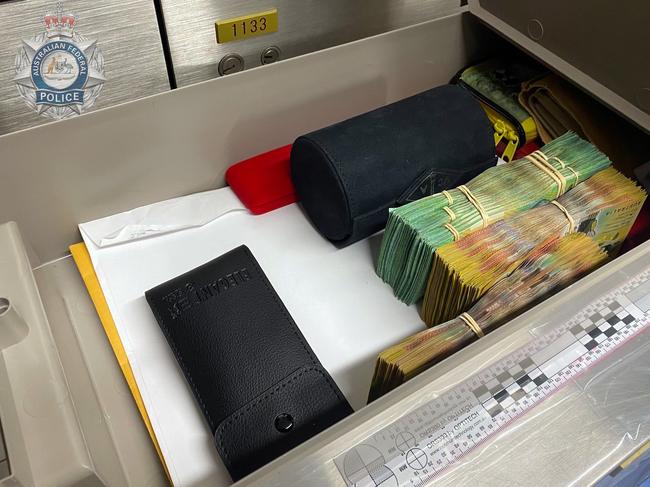
In a press conference on Friday a joint Task Force Avarus – which was set up last year – revealed one alleged Sydney criminal gang was laundering between $3 million and $5 million a day.
Australian Federal Police Detective Superintendent Craig Bellis said the amount of money and assets seized keeps on growing. He
Last year the AFP charged 74 people with 82 money laundering offences.
In the past few months, 42 people have been arrested and 66 charges laid.
Last month police raided 13 premises and obtained restraining orders over 20 properties and other assets including cryptocurrency totalling more than $200 million.
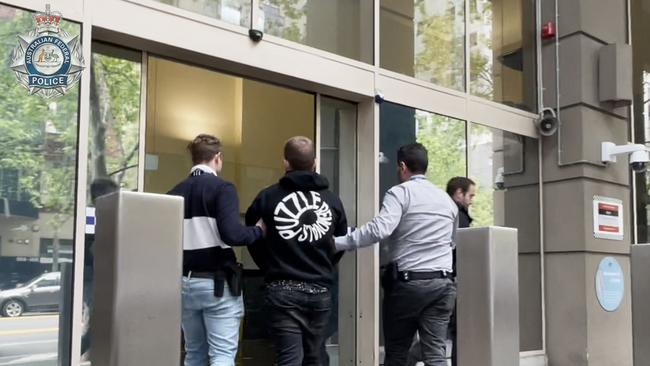
It is during these operations it has been discovered that cash couriers were using dead drop methodology to slightly lessen the risk of being caught red handed.
Det Supt Bellis said the criminal gangs pick up methodologies and learn from each other.
Some of the methods used included recruiting students, foreign nationals and others to make large cash deposits into ATMS sometimes several one after another.
It is has been discovered the “money mules” are being flown from state to state to collect the cash and then deposit it into ATMs.
On Thursday a Sydney man was charged after allegedly attempting to fly interstate with about $300,000 cash hidden inside his carry-on luggage.
The 29-year-old man who was arrested in Perth after refusing to provide sufficient information about his reason for travelling with such a large amount of money or his home address.
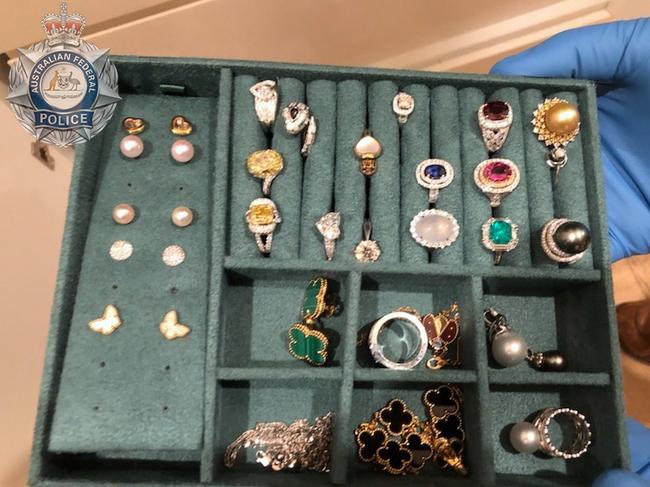
Police seized about three plastic bags containing bundles of mainly $50 banknotes from the passenger’s suitcase, along with more than $6400 in his wallet. He has been charged with dealing with property reasonably suspected of being proceeds of crime.
The money laundering operations also includes the use of safe houses to hide sometimes millions of dollars.
Task Force Avarus includes resources from AFP, AUSTRAC, Australian Criminal Intelligence Commission (ACIC) and Australian Border Force.
Some cases they have uncovered include two Queensland men who were arrested last year for their alleged involvement in a money laundering syndicate responsible for laundering $4.5 million dollars in cash.
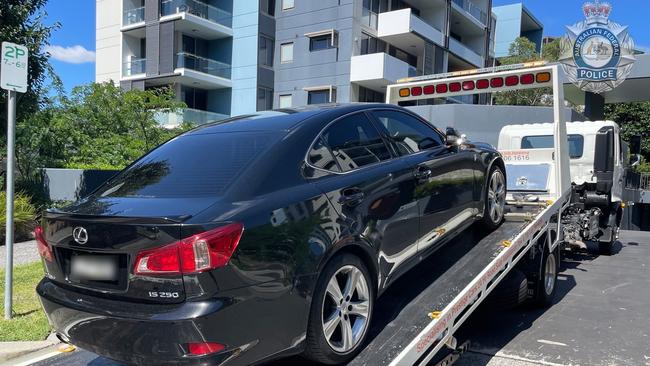
A Helensvale man and a Graceville man were charged with conspiring to deal in the proceeds of general crime. It will be alleged the Helensvale man used personal information from business clients to open fraudulent bank accounts.
The Graceville man allegedly supplied millions of dollars suspected to be proceeds of crime to be deposited into those accounts. A cash counter and $70,000 cash was seized from two safes that hidden in a staircase at a Bardon property and $160,000 cash was seized from a safe in Helensvale.
In NSW a female student used as a money mule was allegedly flown around Australia to deposit cash at different ATMs. It is alleged millions of dollars flowed through her accounts.
Six alleged people have been arrested for allegedly operating a money laundering scheme between Sydney, Melbourne and Vietnam.
A Victorian husband and wife duo allegedly working for the organisation were arrested at Melbourne Airport last year when attempting to leave the country.
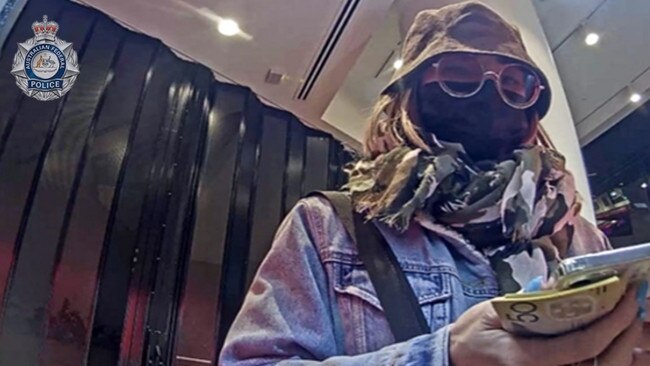
MONEY LAUNDERING: HOW IT WORKS
Dirty money cleaned using cryptocurrency methods
A money launderer has $5000 of dirty money and deposited into a crypto ATM to a crypto address they had opened previously.
The money was then moved to another crypto address.
Others in the criminal scheme also send funds to the second crypto address in a move known as a crypto-mixer. The funds are now mixed together.
The funds are portioned out and sent to different addresses.
This process is repeated multiple times with different crypto addresses and crypto-mixers until the funds reach their final destination e.g. organised crime group based offshore.
It is now nearly impossible to trace the origins of the illicit funds.
How structuring in money laundering works
Money mules are used to deposit funds into bank accounts in lots of less than $10,000 – so they don’t trigger an alert to authorities.
This practice happens using both ATMs and in-branch deposits. However, recent changes to the way ATMs operate have made that mode of structuring more difficult.
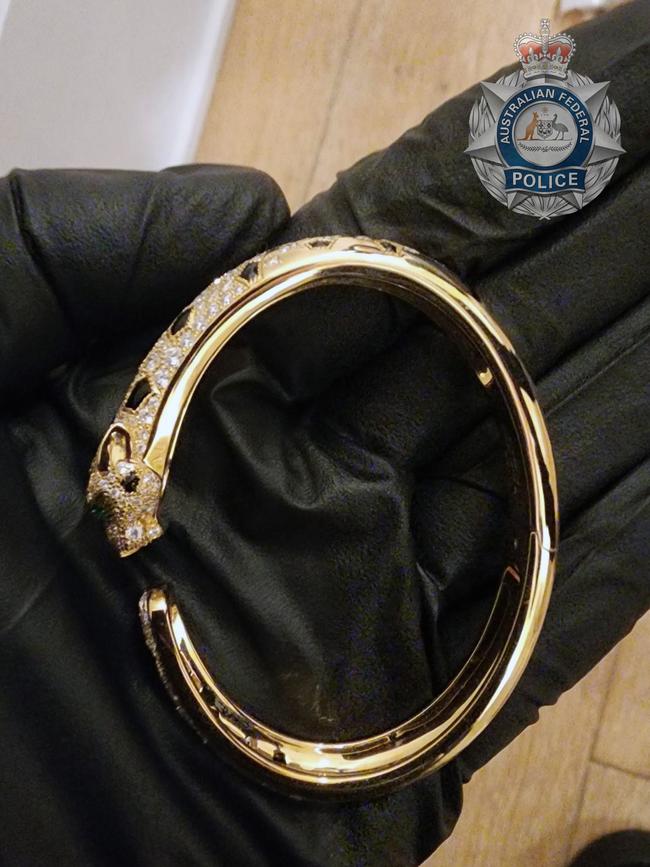
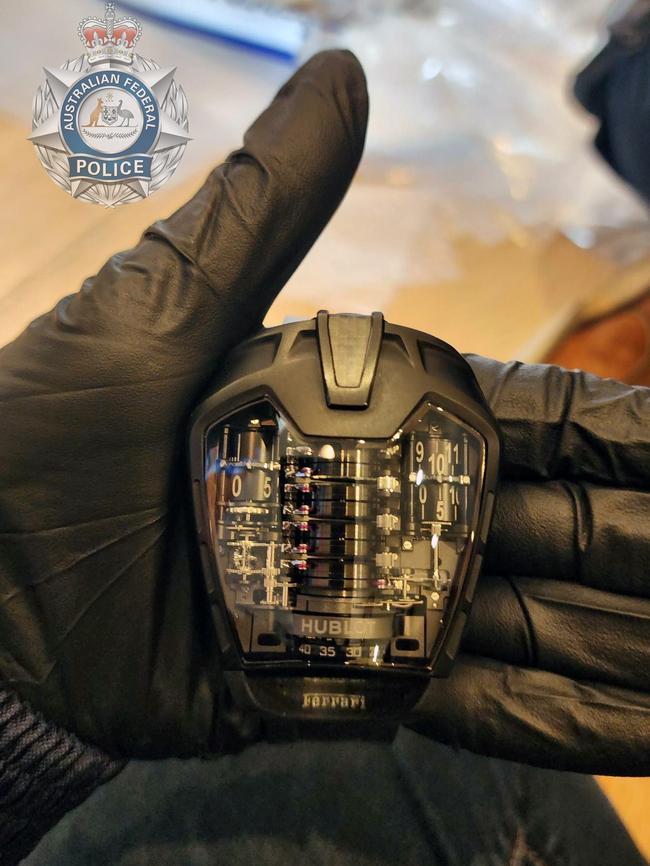
Daigous for money laundering
An organised crime syndicate based offshore, sells drugs through a local distributor in Australia.
The drug distributor uses a money laundering organisation and negotiate a contract on how much is to be laundered. The money launderers then nominate a cash collector in Australia.
The drug distributors will nominate a syndicate member to meet the cash collector and hand over the cash to be laundered.
The money laundering organisation will have a large supply of cash on hand, and will then release the money to the offshore syndicate, charging a commission.
The cash collector in Australia then gets to work turning the illegal drug profits into legitimate cash or goods. This can be done by funnelling money through cash based businesses, such as daigous – legal businesses buying goods to send to another country. Daigou translates to “surrogate shopper.’’
The daigous hire community members to buy large amounts of baby formula, cosmetics, vitamins, designer shoes and handbags from pharmacies, supermarkets and department stores.
The goods are then shipped overseas and re-sold, with the profits going back to the money laundering organisation.
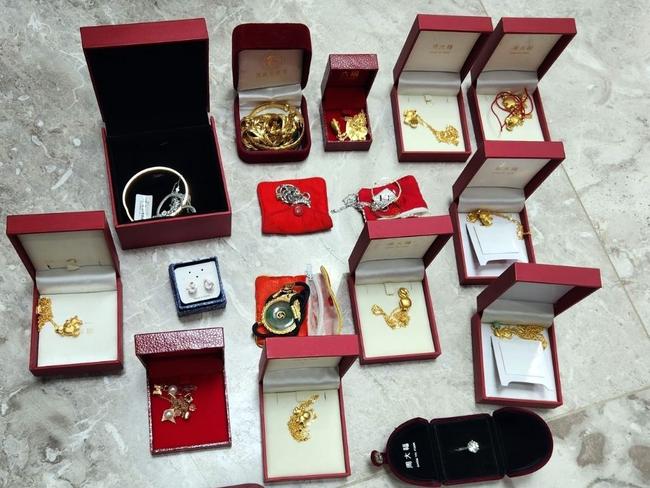
Some criminals in Australia find it hard to transfer money out of offshore bank accounts because some foreign governments prevent large amounts of money leaving their country.
Often these criminals turn to money launderers, who use complex methods to facilitate payments.
Criminals often mix their illicit money with legitimately-earned cash, making it harder for law enforcement to identify or seize. Money laundering organisations are the equivalent of underground banks with branches all over the world.
The cash reserves these money laundering organisations hold – tens of millions of dollars – are often from the proceeds of illicit drug trafficking.
Another example of money laundering is: A criminal syndicate in Australia needs to repay a debt owed to another organised crime group overseas.
The criminal syndicate in Australia turns to a money laundering organisation which gives its low-level syndicate members money to buy goods, such as baby formula, designer handbags or other wanted items. The goods are to the value that is owed to the crime group overseas.
All the goods are transferred to one location in Australia and shipped overseas to a group, which then sells the goods and the money raised provided to the overseas organised crime group.




